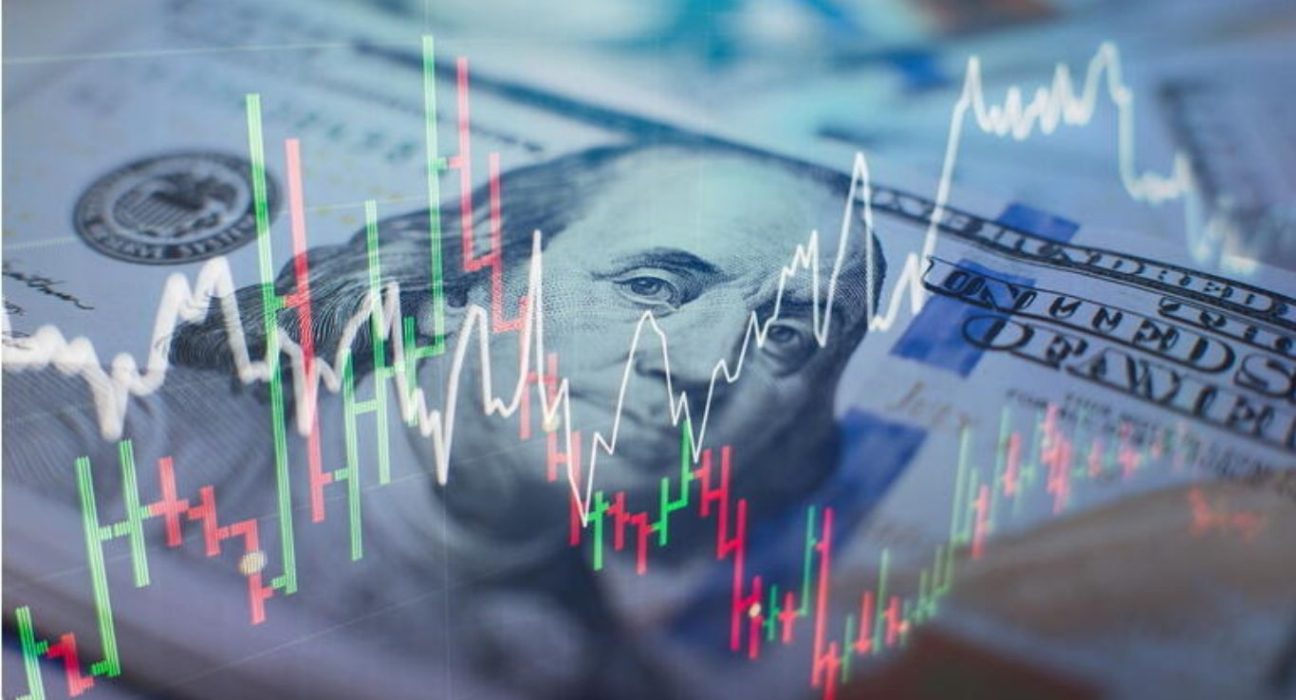Introduction
The US dollar finds itself on the defensive following Federal Reserve Chair Jerome Powell’s dovish remarks and a setback in the debt ceiling negotiations. This article examines the repercussions of Powell’s stance and the ongoing debt ceiling debate on the US dollar’s performance. By analyzing the factors influencing the currency’s current position, we can better understand the potential implications for the global economy.
Powell’s Dovish Stance
Federal Reserve Chair Jerome Powell’s recent comments have contributed to the weakening of the US dollar:
1. Monetary Policy Outlook: Powell’s dovish stance suggests that the Federal Reserve is likely to maintain its accommodative monetary policy. This outlook includes keeping interest rates low and continuing asset purchases to support the economic recovery. The perception of prolonged monetary easing can undermine the attractiveness of the US dollar for investors seeking higher returns.
2. Inflation Concerns: Powell has acknowledged that recent inflationary pressures may be transitory, implying that the Federal Reserve is unlikely to raise interest rates in the near term. This stance diminishes the US dollar’s appeal as higher interest rates generally attract foreign investors seeking greater returns.
Debt Ceiling Setback
The ongoing negotiations over the debt ceiling present additional challenges for the US dollar:
1. Uncertainty and Market Volatility: The debt ceiling is the maximum amount of debt the US government can incur, and failure to raise it in a timely manner could lead to a default. The uncertainty surrounding the resolution of the debt ceiling issue creates market volatility and dampens investor confidence in the US dollar.
2. Implications for US Creditworthiness: A failure to raise the debt ceiling could have long-lasting consequences for the United States’ creditworthiness. Rating agencies may downgrade the country’s credit rating, potentially increasing borrowing costs and diminishing global trust in the US dollar as a safe-haven currency.
Impact on the Global Economy
The defensive position of the US dollar carries implications for the global economy:
1. Currency Market Dynamics: A weaker US dollar can strengthen other major currencies, affecting global trade and financial markets. Exchange rate fluctuations can impact import and export competitiveness, as well as the profitability of multinational corporations.
2. Commodity Prices: As the US dollar weakens, commodity prices denominated in dollars tend to rise. This effect is particularly noticeable for commodities like oil, gold, and industrial metals. Higher commodity prices can impact inflation, production costs, and consumer purchasing power worldwide.
3. Emerging Economies: The performance of the US dollar affects emerging economies heavily reliant on dollar-denominated debt. A stronger dollar can lead to higher borrowing costs, capital outflows, and increased debt burdens, potentially triggering financial instability in these countries.
Mitigating Factors and Outlook
While the US dollar faces challenges, certain factors can influence its trajectory:
1. Economic Data: Positive economic indicators, such as robust growth, declining unemployment rates, or increasing inflation, can boost the US dollar’s strength. The currency’s performance remains closely linked to the overall health of the US economy.
2. Debt Ceiling Resolution: A timely and satisfactory resolution to the debt ceiling issue could alleviate concerns and restore confidence in the US dollar. A successful negotiation that ensures the country’s creditworthiness may help stabilize the currency.
3. Global Developments: Geopolitical events, central bank actions, and global economic trends can also impact the US dollar. It is essential to monitor these factors to gain a comprehensive understanding of the currency’s future direction.
Conclusion
The defensive position of the US dollar, resulting from Jerome Powell’s dovish stance and the debt ceiling setback, has implications for the global economy. The currency’s performance influences international trade, commodity prices, and the stability of emerging economies. While challenges persist, economic data, the resolution of the debt ceiling issue, and global developments can shape the US dollar’s outlook. Monitoring these factors is crucial for investors and policymakers alike as they navigate the dynamic landscape of currency markets.










